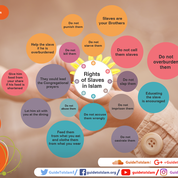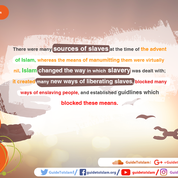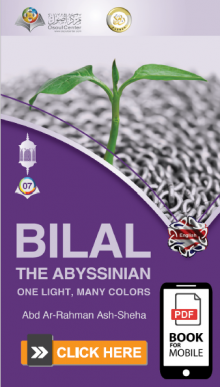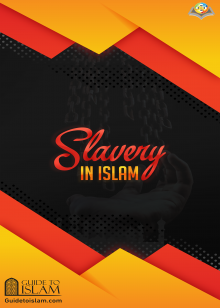-

GuideToIslam
Rights of slaves in Islam
Rights of slaves in Islam: -Do not starve them -Do not kill them -Do not punish them -Do not call them slaves -Do not slap them -Do not imprison them -Do not castrate them -Do not accuse them wrongly -Do not abuse them -Do not overburden them -Educating the slave is encouraged -Feed them from what you eat and clothe them from what you wear -Let him sit with you at the dining -They could lead the congregational prayers -Give him food from your share if his food is shortened -Help the slave if he is overburdened
-

GuideToIslam
How to deal with slaves
Whosoever kills his slave: he shall be killed. Whosoever imprisons his slave and starves him ,he shall be imprisoned and starved himself , and whosoever castrates his slave shall himself be castrated. (Abu Dawud.Diyat.70;Tirmidhi.Diyat.17;Al-Nasa’i .Qasama.10.16)
-

GuideToIslam
Sources of slaves
They were many sources of slaves at the time of the advent of Islam,whereas the meaning of manumitting them were virtually nil.Islam changed the way in which slavery was dealt with; it created many new ways of liberating slaves,blocked many ways of enslaving people ,and established guidelines which blocked these means.
-

AbdulRahman Bin Abdulkarim Al-Sheha
Bilal the Abyssinian - Mobile version
This book, Bilal ibn Rabah: Islam's Attitude to Racial Discrimination, outlines the history of Bilal ibn Rabah, a former slave from Abyssinia who became a companion of the Prophet.
-

GuideToIslam
Slavery in Islam
Did Islam legislate slavery? In this album you can find out that Islam came to eliminate slavery, and freed man to be a slave to God. Perhaps you will find new information that you may not knew before.





